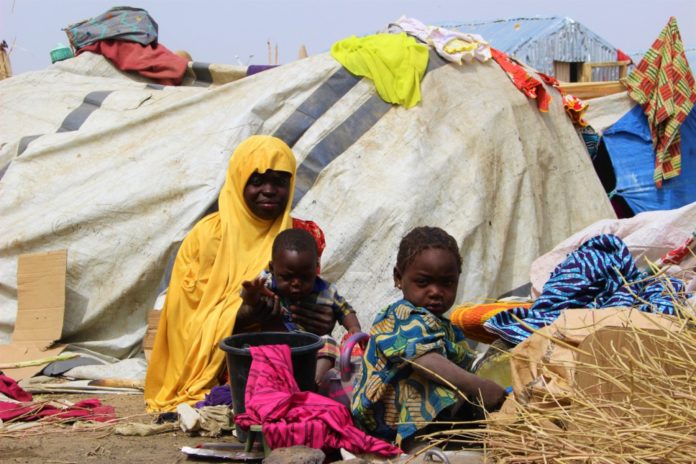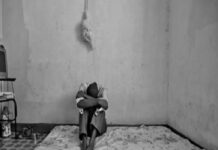
The United Nations has launched appeal for a total $983 million for continue providing food, water, shelter and protection to vulnerable populations affected by the north east conflict in Nigeria and neighbouring Cameroon, Chad and Niger.
Of the fund, $848m is for the Humanitarian Response Strategy from 2019 to 2021—the first time humanitarian actors will ever adopt a multi-year approach.
The remaining $135m is for a Response Plan to refugee challenges in the Lake Chad region.
The launch of the three-year response plan and strategy comes as millions of civilians continue to face extreme conditions across the north east of Nigeria and the rest of the Lake Chad region.
“We must sustain the efforts made over the recent years to ensure that aid reaches those who need it most,” said Edward Kallon, UN Humanitarian Coordinator for Nigeria.
“The decade-long conflict has brought immense suffering upon children, women, men, their families and communities. We have saved millions of lives, and as we strive to provide immediate response to new and existing humanitarian needs, we must also focus on addressing the causes of such untold suffering.”
“The continuing conflict in north-east Nigeria further increases the vulnerability of refugees, IDPs, families and host communities already facing deep development challenges,” warned Nana Oumou Touré-Sy, regional coordinator of the United Nations Development Programme, which co-launched the response plan alongside UNHCR.
The humanitarian budget for 2019 is $250m less than last year’s.
Aid groups targeted some 6.2m people hardest-hit by the crisis in Borno, Adamawa and Yobe.
But only $700m was received from donors, covering aid for around 5.5m people.
Developing trends
Up to 2.5 million people are displaced across the Lake Chad region: 1.8 are in Nigeria and another 228,500 are refugees in neighbouring Cameroon, Chad and Niger.
The UN Refugee Agency (UNHCR) seeks funding to provide for them, and says the conflict is escalating.
“Attacks are still happening, killing civilians and forcing thousands to flee for their lives,” said Liz Ahua, Regional Refugee Coordinator for Nigerian refugees and UNHCR Regional Representative for West Africa.
“Young girls, old women and aid workers continue to bear the brunt of this escalating theatre of violence.
“Some refugees that attempted to return to their homes and communities have become displaced multiple times in their own country or have retreated to Cameroon, Chad and Niger to continue in exile,” Ahua added.
“It is time to broaden our response towards a longer term approach, to support those forced to flee and the communities hosting them, as they are already living below the poverty line and in dire need as their capacity to help those displaced is stretched to the limit.”
A recent upsurge in violence in north-east Nigeria has displaced over 80,000 civilians who have sought refuge in crowded camps or in towns in Borno State and are surviving in arduous living conditions.
Over 15,000 have fled to neighbouring Cameroon and Chad in the past weeks.
The hostilities have also strained humanitarian operations and forced aid workers to pull out from some locations.
The destruction of livelihoods and infrastructure is widespread: around 1.7 million people are currently food insecure in Borno, Adamawa and Yobe states; 368,000 children are severely acutely malnourished; two-thirds of health facilities have been damaged; and around 900,000 children lack schooling.
























